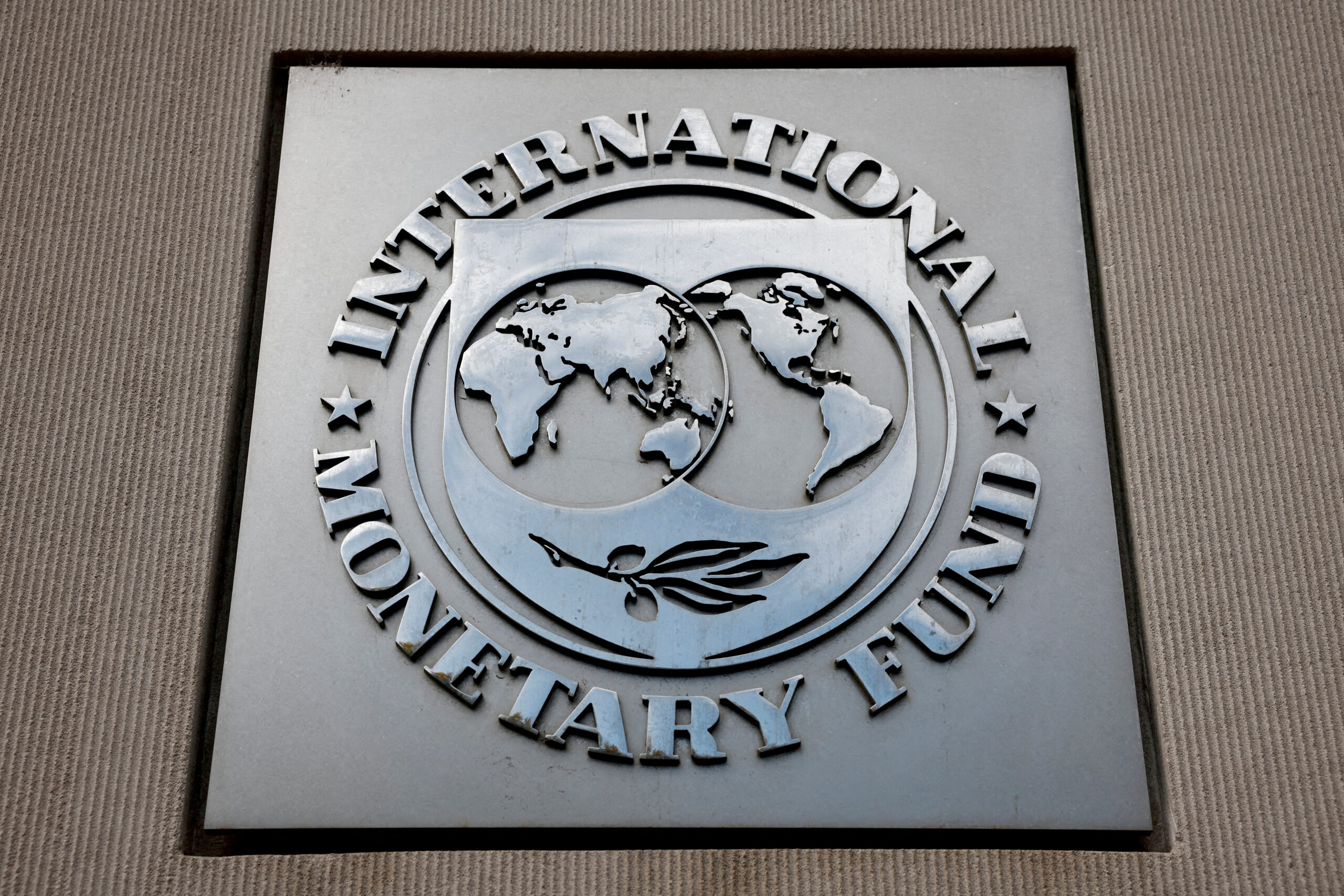Argentina is undergoing a significant setback in the rule of law, marked by institutional erosion and increasing restrictions on human rights under the administration of President Javier Milei. The discretionary use of public resources, the concentration of power, and attempts to bypass Congress have weakened mechanisms for control and transparency. These developments raise serious concerns about the government’s capacity to negotiate a new agreement with the International Monetary Fund (IMF).
From the IMF’s perspective, there is also no clear evidence of compliance with the four conditions required for exceptional access lending, particularly regarding debt sustainability, institutional capacity to implement the program, and the ability to regain access to international capital markets.
The Central Bank’s international reserves remain critically low. To increase them, the government is promoting the Large Investment Incentive Regime (RIGI), aiming to accelerate exports. This model echoes policies of the 1990s, which led to severe consequences—not only in terms of social and environmental rights but also in macroeconomic terms, including a worsening balance of payments. Incentivizing sectors such as mining, fossil fuels, and intensive agribusiness has also triggered territorial conflicts, infringed on the rights of local communities, and deepened the environmental crisis through irreversible damage to ecosystems.
In 2023, the Fundación Ambiente y Recursos Naturales (FARN), the Espacio de Trabajo Fiscal para la Equidad (ETFE), and Recourse published a report analyzing Argentina’s situation and its relationship with the IMF. The document addressed the debt crisis, the importance of incorporating environmental and human rights perspectives, and outlined potential paths to ensure Argentina meets its international obligations.
The current administration has been governing without a budget approved by Congress, extending the 2023 budget into 2024 and 2025. This maneuver has allowed for extraordinary discretion in the allocation of public funds. Furthermore, the Executive has assumed exceptional powers in key areas such as the economy and energy, undermining the separation of powers. In a further breach of institutional norms, the President appointed two Supreme Court justices by decree, compromising judicial independence.
Despite this context, the government is moving forward with negotiations for a new stand-by agreement with the IMF—again, without congressional approval, in violation of Law 27.612, which mandates legislative oversight of such financial commitments. Decree of Necessity and Urgency (DNU) 179/2025 facilitates these negotiations without public or parliamentary debate, echoing the irregularities surrounding the record IMF loan of 2018, managed at the time by Luis Caputo—who now leads the current negotiations.
In response, today we present a policy brief outlining key recommendations for IMF staff and board members. These include the imperative to uphold national laws, ensure transparency in negotiations, and guarantee the participation of civil society. We also urge the IMF to conduct a debt sustainability analysis that integrates human rights considerations, climate policy, and the distributional impacts of economic reforms.
The IMF must ensure that any new agreement with Argentina does not repeat the mistakes of the past. It must advance true economic, social, and environmental sustainability. The international community and multilateral organizations have a responsibility to uphold transparency, institutional stability, and human rights in any future financial arrangements with the country.
